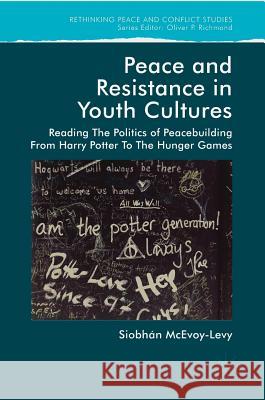Peace and Resistance in Youth Cultures: Reading the Politics of Peacebuilding from Harry Potter to the Hunger Games » książka
topmenu
Peace and Resistance in Youth Cultures: Reading the Politics of Peacebuilding from Harry Potter to the Hunger Games
ISBN-13: 9781137498700 / Angielski / Twarda / 2018 / 422 str.
Peace and Resistance in Youth Cultures: Reading the Politics of Peacebuilding from Harry Potter to the Hunger Games
ISBN-13: 9781137498700 / Angielski / Twarda / 2018 / 422 str.
cena 562,23
(netto: 535,46 VAT: 5%)
Najniższa cena z 30 dni: 539,74
(netto: 535,46 VAT: 5%)
Najniższa cena z 30 dni: 539,74
Termin realizacji zamówienia:
ok. 22 dni roboczych.
ok. 22 dni roboczych.
Darmowa dostawa!
Kategorie BISAC:
Wydawca:
Palgrave MacMillan
Seria wydawnicza:
Język:
Angielski
ISBN-13:
9781137498700
Rok wydania:
2018
Wydanie:
2018
Numer serii:
000312198
Ilość stron:
422
Waga:
0.67 kg
Wymiary:
21.01 x 14.81 x 2.39
Oprawa:
Twarda
Wolumenów:
01
Dodatkowe informacje:
Bibliografia
Wydanie ilustrowane
Wydanie ilustrowane











